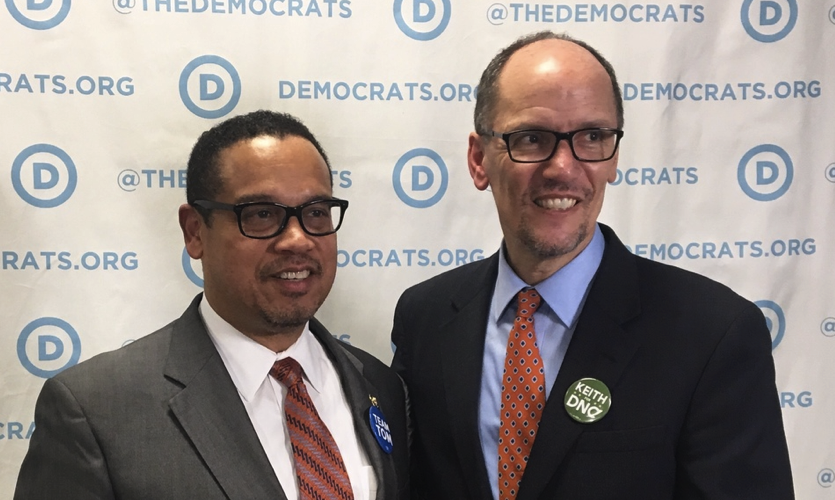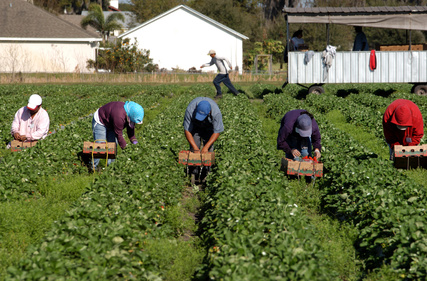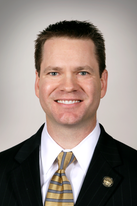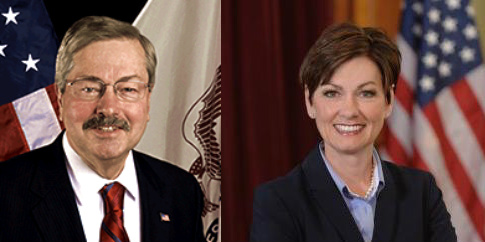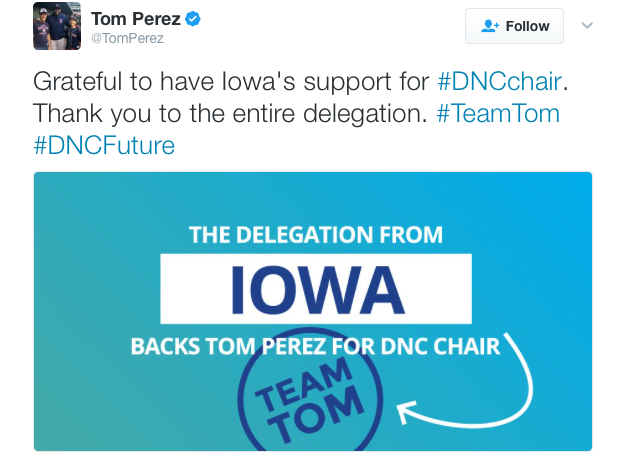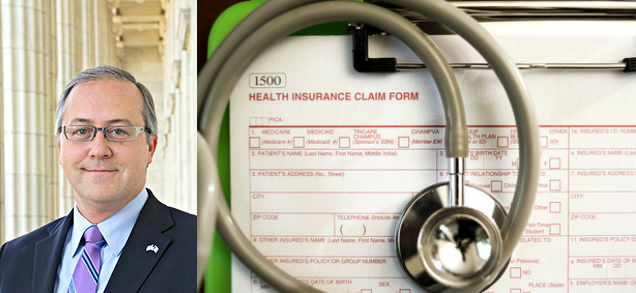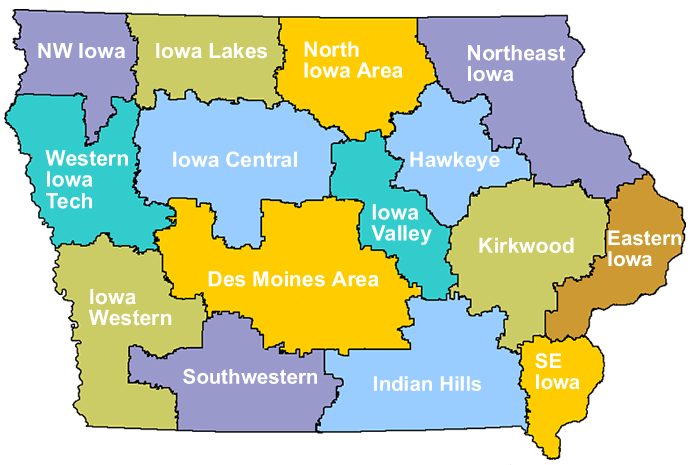The University of Iowa has decided to reinstate scholarships to undergraduates who were informed recently that they would lose promised funding. I enclose below an e-mail many students received this morning from President Bruce Harreld.
Two students had already filed class-action lawsuits over the university’s decision to terminate five scholarships in order to save some $4.3 million. A trial pitting the university against children of alumni would be a public relations nightmare. In addition, Harreld would have had to explain under oath why university officials wrongly claimed last week to have warned current scholarship holders that awards were contingent on state funding levels.
In today’s message to students, Harreld noted,
Over the past few days we heard from many families who were unaware this was a renewable scholarship reliant on state support. While this was not a need-based award, we also heard from families who budgeted for college based on the scholarships and feared financial hardship with the programs’ elimination.
The University of Iowa takes its relationship with students and alumni very seriously and, therefore, will honor the awards previously made to those currently receiving this scholarship. […]
Moving forward we must continue to place a priority on need-based and merit-based awards, which is why the Iowa Heritage Award will no longer be offered to new students who start at the university in 2018.
I also enclose below a statement released by the university.
UPDATE: Added comments from James Larew, the attorney representing plaintiff Jenna Pokorny.



